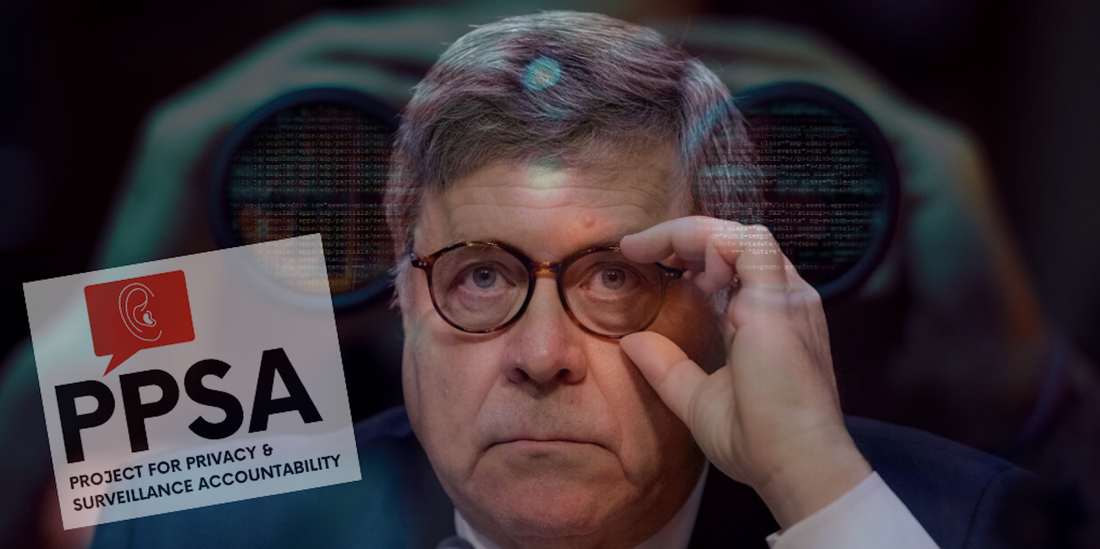Two Senators Ask Barr About Potential For “Fourth Amendment Violations at Tremendous Scale”7/21/2020
Does Congress pass laws so it can provide guardrails for government behavior, or are these laws just window dressing to hide government’s lawless actions?
This is the essence of what two senators, Mike Lee, Republican of Utah, and Patrick Leahy, Democrat of Vermont, are getting at in a series of questions they put in a letter today to Attorney General William Barr. A little background: On March 15, Section 215 of the Patriot Act – which allows for the surveillance of Americans’ business records (revealing our every action and belief) – expired. As a result, the executive branch is limited to conducting surveillance under pre-Patriot Act provisions. Sens. Lee and Leahy had proposed an amendment that aimed to use independent, third-party oversight to curtail abuse of the Foreign Intelligence Surveillance Act – which was meant to surveil potential terrorists and foreign spies, but in fact was used to spy on Carter Page and probably other Americans. This Lee-Leahy Amendment overwhelmingly passed the Senate, but was scuttled along with other reform measures in the House. Now, officially, the practices allowed under Section 215 are no longer allowed … but unofficially? We got a glimpse of the truth when, just before Lee-Leahy passed by a vote of 80-16, then-Senate Intelligence Chair Richard Burr asserted, that under Executive Order 12333, the president can do pretty much anything he wants in surveillance “without Congress’s permission, without guardrails.” At the time, this was seen as hyperbole by a champion of the intelligence community. Up until the expiration of Section 215, surveillance advocates had strenuously advocated the renewal of 215 as an urgent matter of national security. Now … crickets. Does the silence of surveillance hawks mean that the intelligence community has stretched other authorities to cover surveillance actions once governed by 215? Are they even acting under any law whatsoever? To get at the bottom of this, Sens. Lee and Leahy are asking Barr if the executive branch is secretly relying on an “alleged inherent power to continue its intelligence collection efforts without congressional authorization and outside of the statutory framework.” Executive Order 12333, issued in 1981, set out the powers and organization of the intelligence agencies. The senators are now asking how generously the Department of Justice interprets this executive order. Does DOJ consider “domestic records surveillance and surveillance involving records collection from domestic records holders lawful when conducted in the absence of statutory authority”? The senators also asked Attorney General Barr to:
They also asked Barr to reveal if the government is using the power of the purse to simply purchase our private information from data brokers in circumstances that would have required a court order under Section 215. Candid answers to the queries of these two senators might amount to “a system of surveillance with no congressional oversight potentially resulting in programmatic Fourth Amendment violations at tremendous scale.” So what’s the likeliest reply to this letter? More crickets. Comments are closed.
|
Categories
All
|


 RSS Feed
RSS Feed